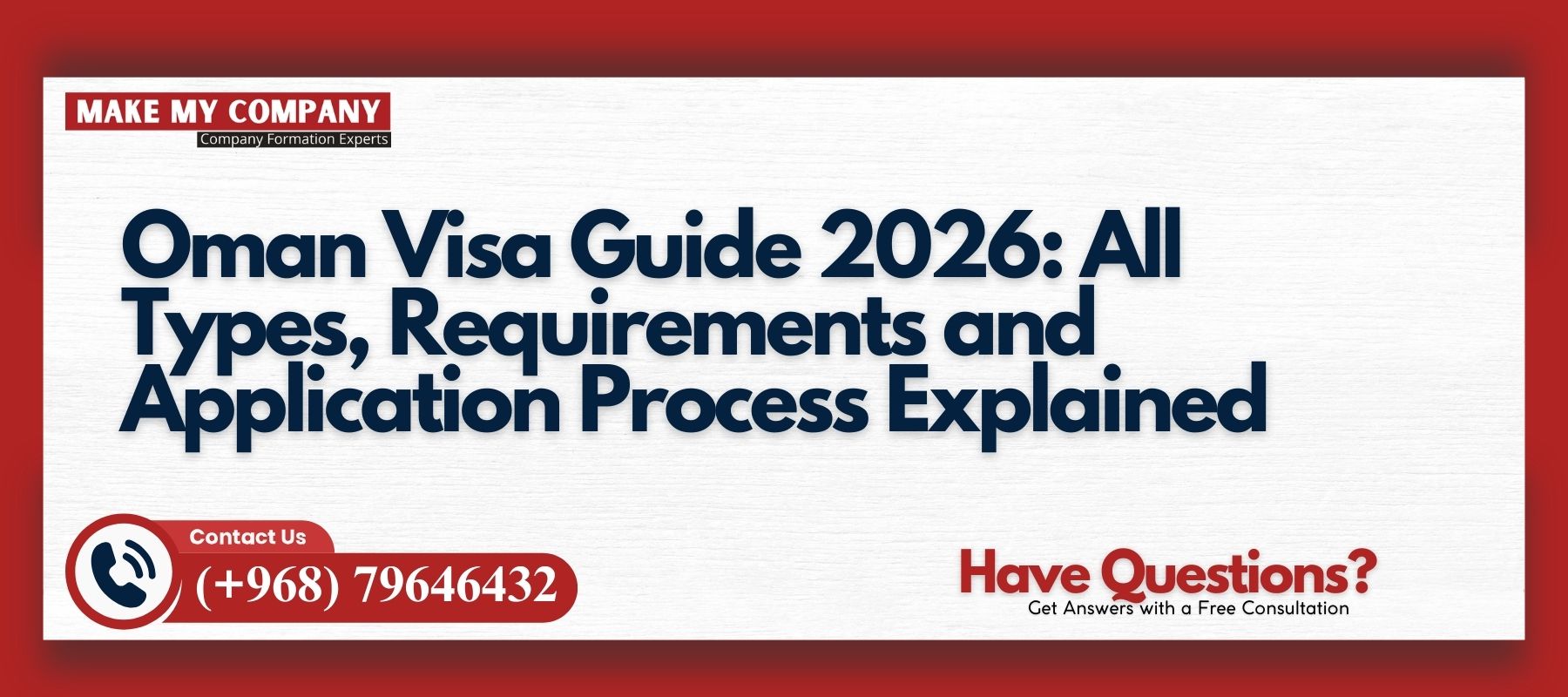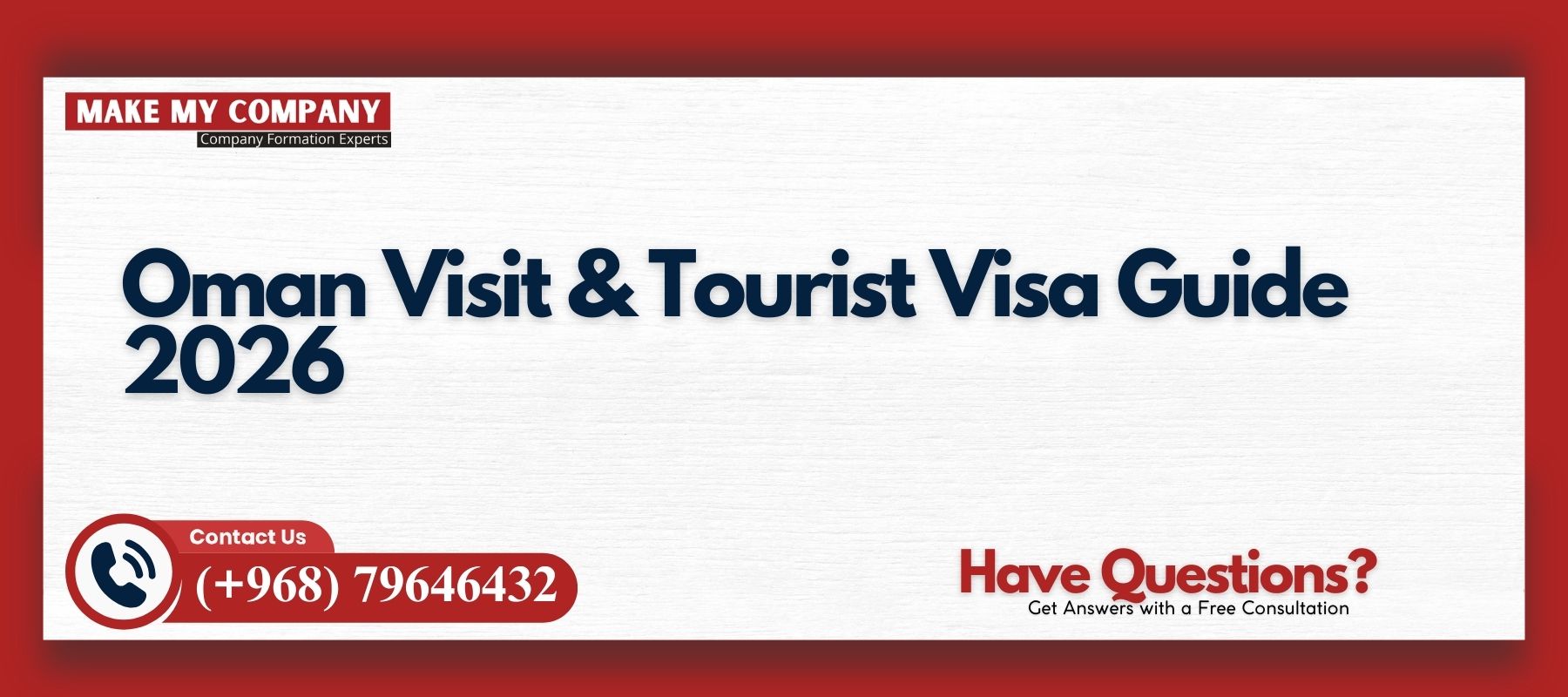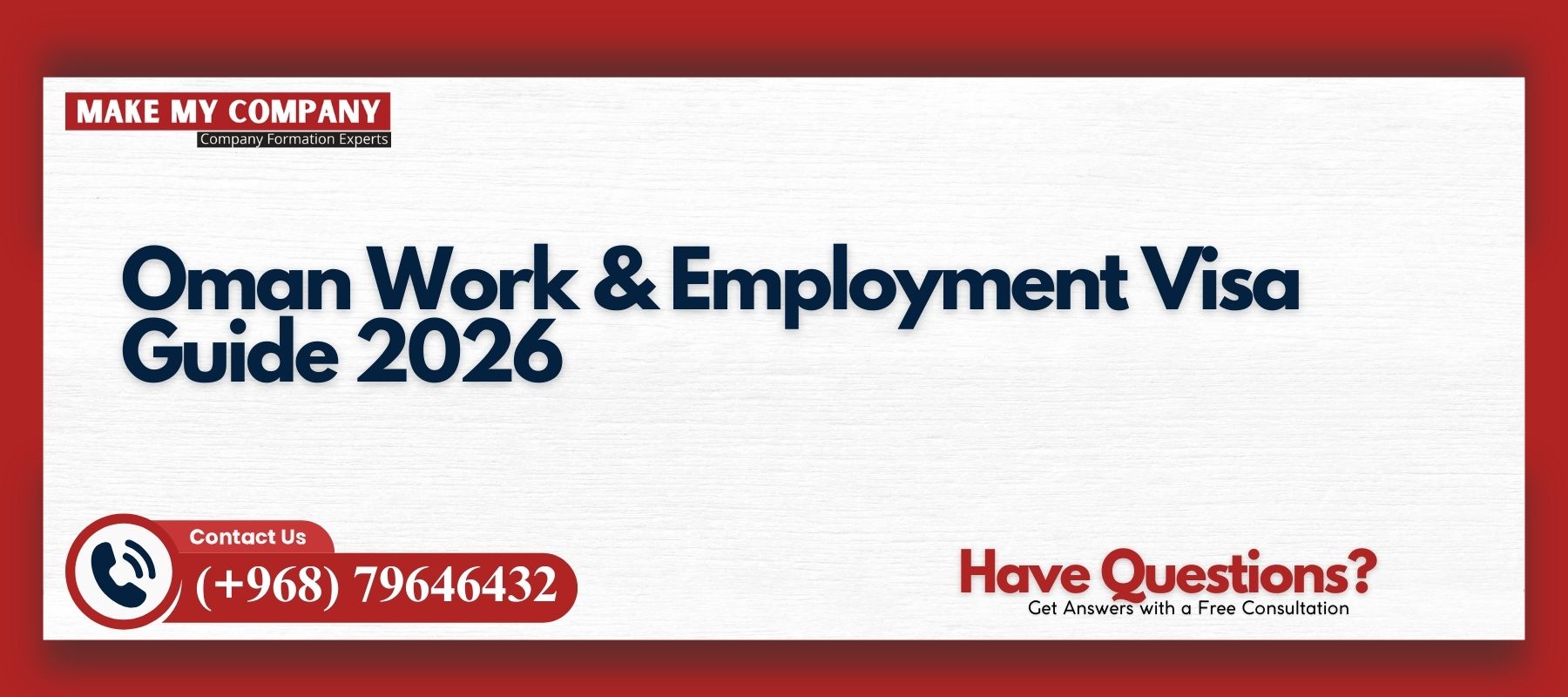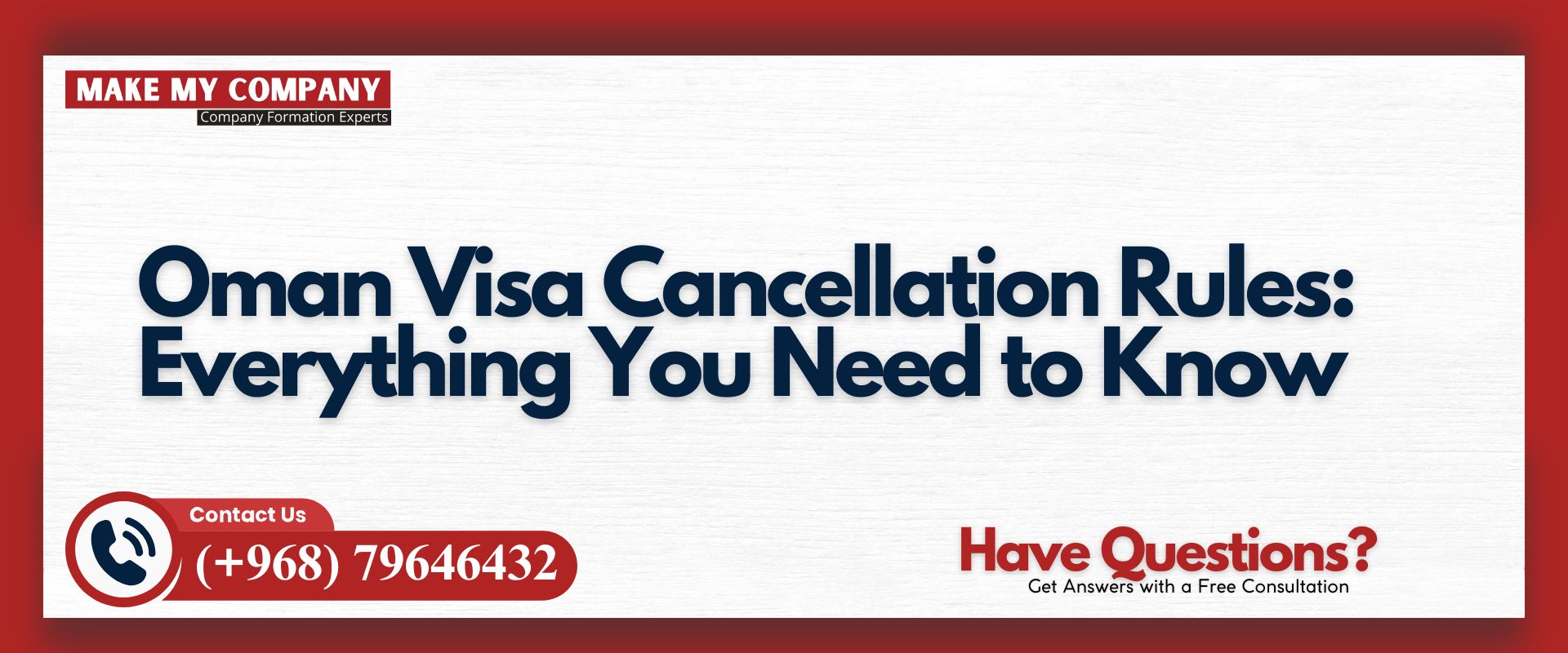Launching an Airbnb business in Oman is becoming a profitable venture as the Sultanate opens its tourism sector to international investors and entrepreneurs. With Oman’s stunning landscapes, cultural heritage, and steady growth in tourism, demand for short-term rental properties is on the rise.
However, setting up an Airbnb is not as simple as listing a property online. To operate legally, hosts must comply with the Ministry of Heritage and Tourism (MOHT) requirements, obtain permits, pay tourism and VAT taxes, and register guests with the Royal Oman Police (ROP). This guide provides a step-by-step roadmap, costs, compliance details, and insights to help you start a successful Airbnb business in Oman in 2025.
Table of Contents
Legal Requirements for an Airbnb Business in Oman
The government regulates short-term rentals to ensure safety, tax compliance, and quality standards.
MOHT Short-Term Rental Permit
Every Airbnb operator must obtain a short-term rental permit from the Ministry of Heritage and Tourism. This approval is mandatory whether you are renting out a single room, an apartment, or an entire villa.
VAT and Tourism Taxes
Airbnb operators must register for VAT (5%) and collect a tourism tax (4%–5%) on each booking. These taxes must be filed regularly to avoid penalties.
ROP Guest Registration
All guests staying in Airbnb properties must be registered with the Royal Oman Police (ROP). This ensures safety, security, and compliance with immigration rules.
Landlord Approval
If you are a tenant, you cannot sublet a property without your landlord’s written consent. Unauthorized listings can result in fines or eviction.
Step-by-Step Process to Start an Airbnb in Oman
Setting up your Airbnb business requires careful planning and government compliance.
Step 1: Register Your Business Entity
Register your property rental activity with the Ministry of Commerce, Industry, and Investment Promotion (MOCIIP) as a legal entity (sole proprietor or LLC).
Step 2: Apply for MOHT Short-Term Rental Permit
Submit your application to the Ministry of Heritage and Tourism, including property documents, lease agreements, and safety certifications.
Step 3: Prepare the Property
Ensure your property meets safety and hospitality standards—fire safety equipment, clean interiors, and amenities such as Wi-Fi and air conditioning.
Step 4: Register with the Royal Oman Police
Set up access to ROP’s guest registration system. Each guest must be reported upon check-in.
Step 5: List on Airbnb Platform
Once approvals are complete, create a professional Airbnb listing with photos, descriptions, and pricing.
Costs of Starting an Airbnb in Oman
The startup investment varies depending on the property type and location.
Licensing Fees
- MOHT short-term rental permit: OMR 100–300 per property
- Business registration fee: OMR 150–300
Property Setup Costs
Furnishing, décor, and amenities can cost OMR 2,000–10,000.
Taxes
5% VAT and 4%–5% tourism tax must be collected and remitted on bookings.
Marketing & Maintenance
Ongoing marketing, cleaning, and property management can cost OMR 200–500 monthly.
Market Opportunities for Airbnb in Oman
Oman’s tourism is expanding rapidly, offering hosts high potential returns.
Muscat & Salalah Demand
Popular tourist hubs like Muscat and Salalah see high occupancy during peak seasons, especially around festivals and holidays.
Average Daily Rates (ADR)
Airbnb listings in Muscat average USD 60–120 per night, depending on property type. Luxury villas can command higher rates.
Investment Trends
Oman is working with international partners like UnderTheDoormat to regulate and grow the short-term rental ecosystem, ensuring sustainability and profitability.
Benefits of Running an Airbnb in Oman
Operating an Airbnb offers financial and lifestyle benefits.
Recurring Income
Hosts enjoy consistent cash flow from tourism-driven demand.
Flexibility
You can rent out your property part-time or full-time based on your personal needs.
Market Growth
Tourism is a priority sector under Oman Vision 2040, meaning continuous demand and support.
Challenges of Airbnb Business in Oman
While profitable, there are challenges that hosts must navigate.
Strict Compliance
Non-compliance with MOHT permits or tax rules can lead to heavy penalties.
Seasonality
Tourism demand is higher during winter months, meaning income may fluctuate.
Competition
Professional property managers are entering the market, making high-quality service essential.
Conclusion
Starting an Airbnb business in Oman can be a highly rewarding opportunity with strong returns, provided hosts comply with MOHT permits, ROP registration, and VAT/tourism tax obligations. The country’s flourishing tourism industry under Vision 2040, combined with increasing visitor arrivals and demand for authentic local experiences, creates excellent prospects for short-term rental operators. By preparing your property professionally with quality furnishings and amenities, ensuring complete legal compliance with all regulatory requirements, implementing strategic pricing models, and marketing effectively through multiple channels, you can tap into Oman’s growing tourism sector and build a sustainable, profitable business.
However, navigating the licensing process, understanding regulatory requirements from multiple government authorities, and ensuring full compliance can be complex and time-consuming. This is where professional guidance makes a significant difference. Working with an experienced Business Setup Company in Oman can streamline your establishment process, ensure you meet all legal obligations, handle documentation efficiently, and help you launch your vacation rental business with confidence. If you’re ready to start your Airbnb venture in Oman and want expert assistance with licensing, registration, and compliance, Contact us today for comprehensive support that sets your business up for long-term success in Oman’s dynamic hospitality market.









